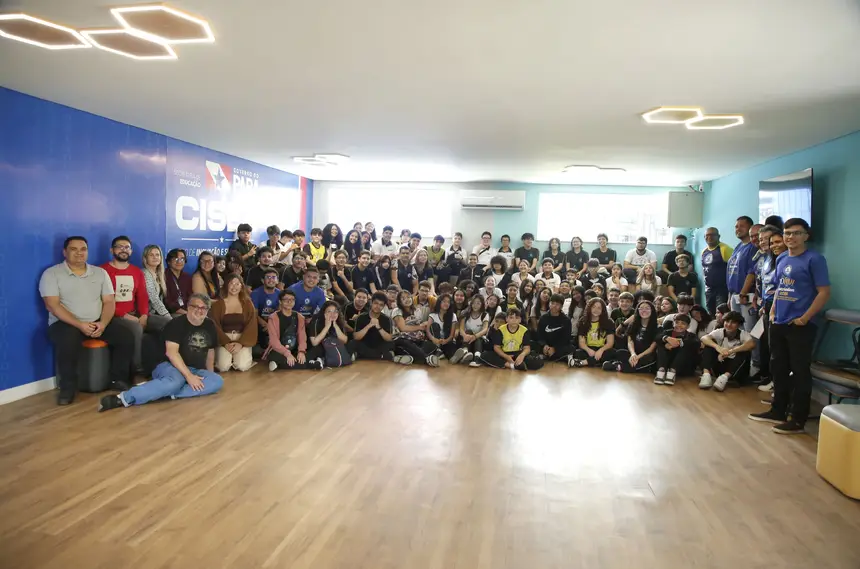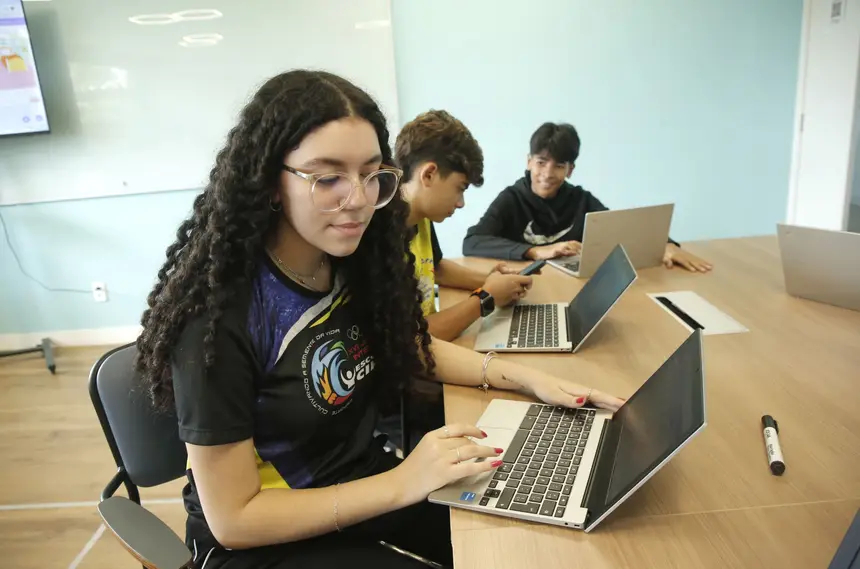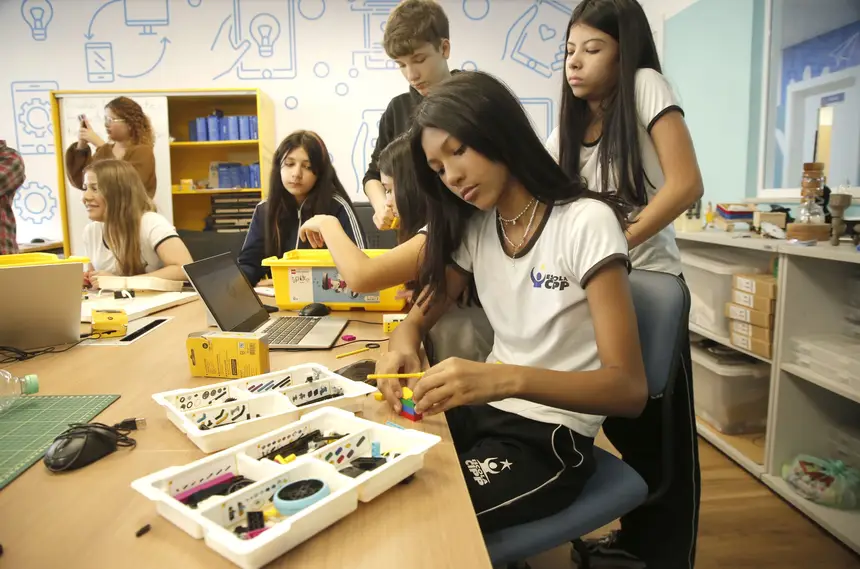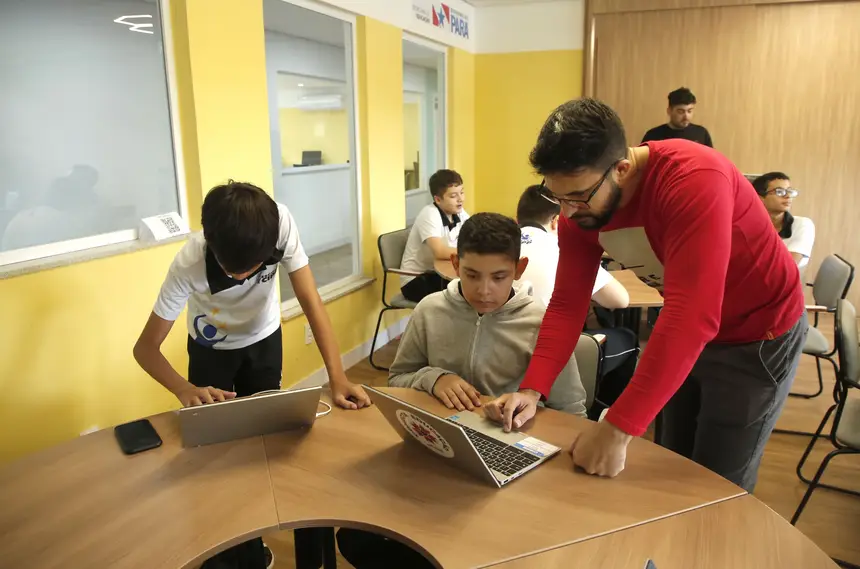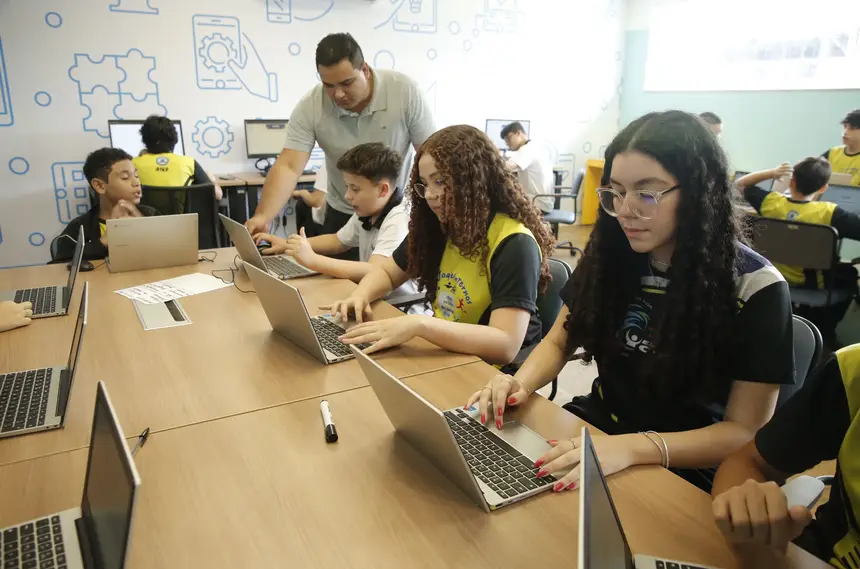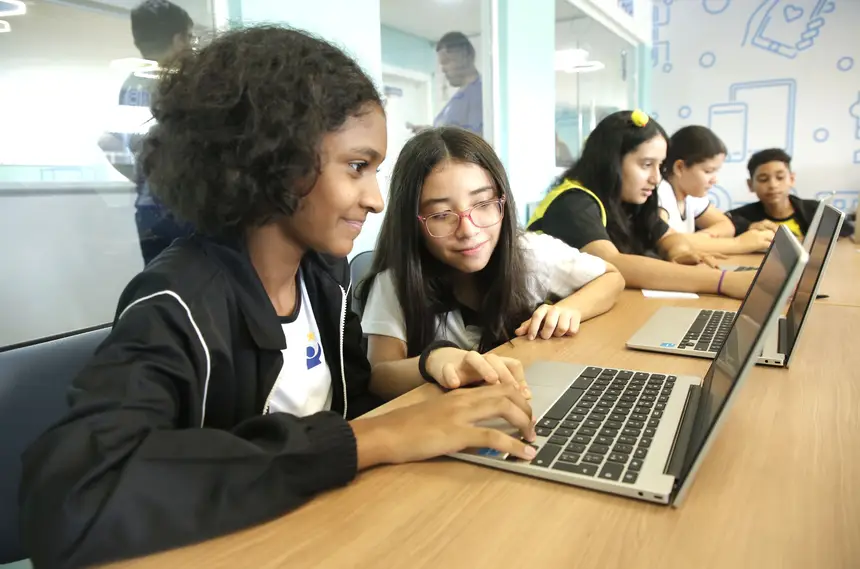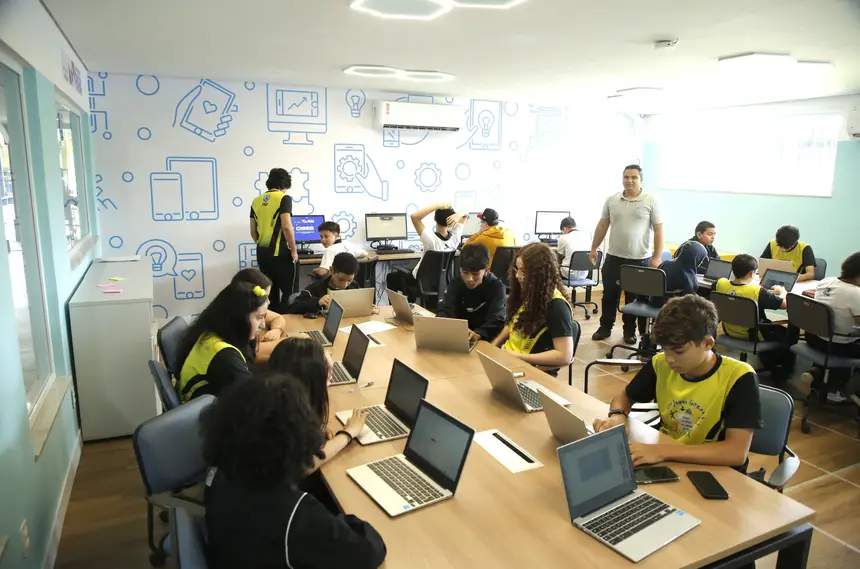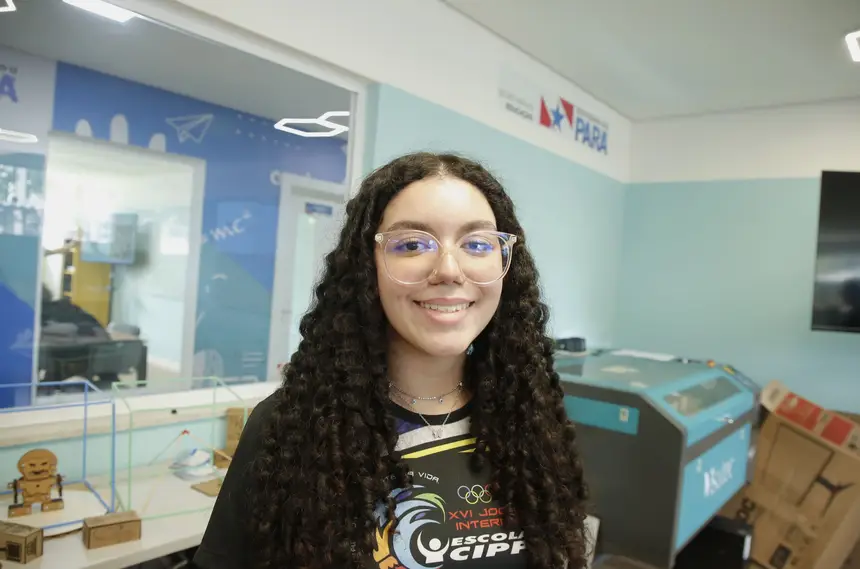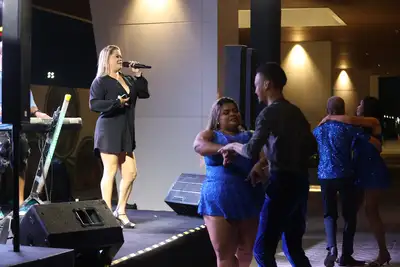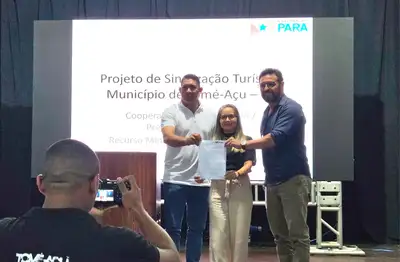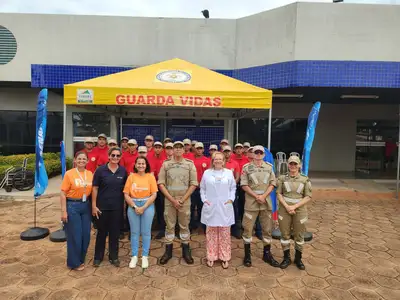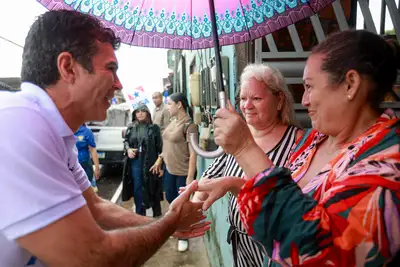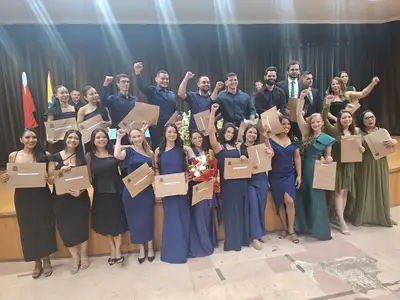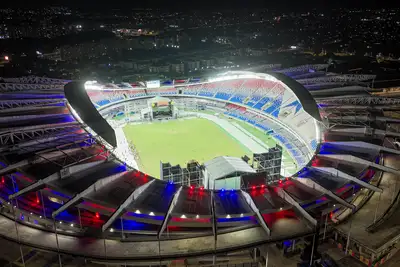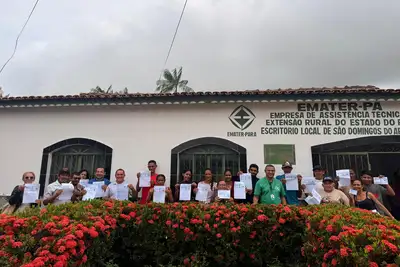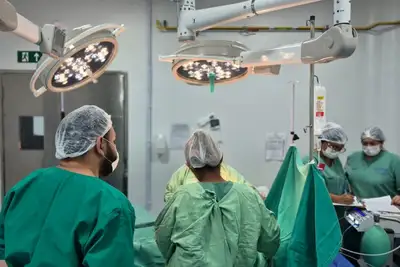Seduc Innovation Center Provides Hands-On Learning for Private School Students
Eighty students from Elementary and High School at the Integrated Center First Steps (CIPP) visited the Artificial Intelligence, Digital Culture, Robotics, and Creative Programming rooms at Ciseb.
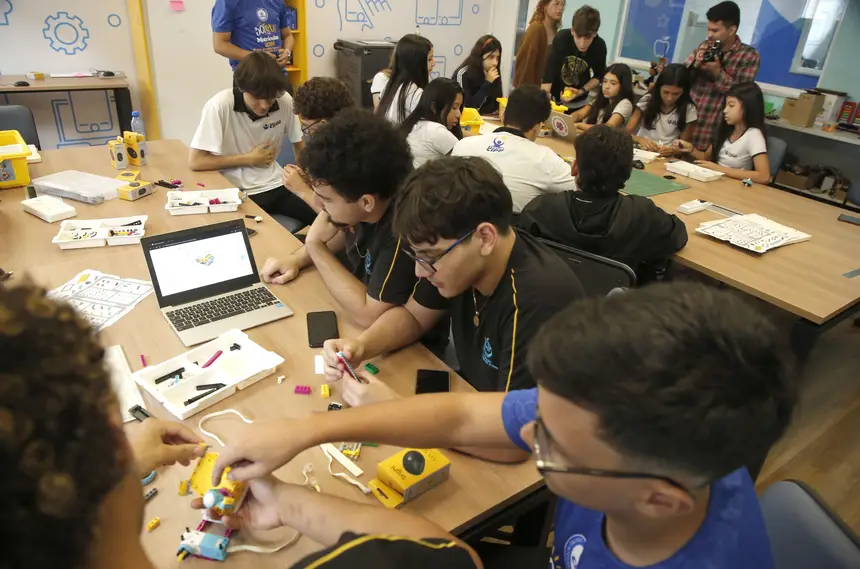
The Innovation and Sustainability Center for Basic Education (Ciseb), linked to the State Department of Education (Seduc), received on Monday (6) a visit from 80 students from the 6th grade of Elementary School to the 2nd year of High School from the Integrated Center First Steps (CIPP), located in the Umarizal neighborhood in Belém.
The initiative aimed to show students the work developed in the Artificial Intelligence, Digital Culture, Robotics, and Creative Programming rooms. They were able to experience the technologies and engage in hands-on activities.
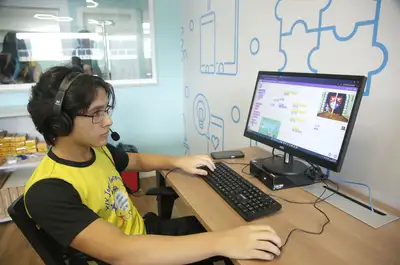
For 9th-grade student Aike Saraiva, the experience was inspiring. “It’s a very good place that offers different experiences from the traditional. I especially liked the programming area because I really enjoy it, and here I was able to learn in a practical way,” said the student.
The experiences with educational innovation occur every Monday, Wednesday, and Friday, while Tuesday and Thursday are dedicated to training teachers from state and municipal networks, either in person or online, after scheduling via email ciseb@escola.seduc.pa.gov.br
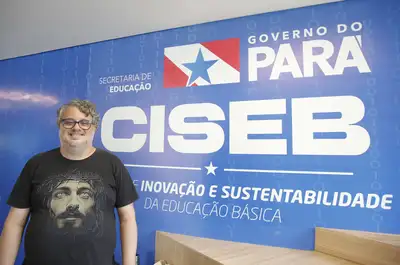
Space for Everyone - The Artificial Intelligence teacher at Ciseb, Eliezer Menezes, informed that the space is open to schools from all networks. “Today, we received 80 students from the private school CIP, in an immersion in the Artificial Intelligence, Digital Culture, Robotics, and Creative Programming rooms. Ciseb is open to immersions from state, municipal, and also private schools,” he emphasized.
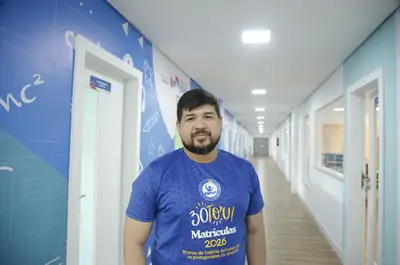
Professor Tiago Rocha, who teaches Geography at CIP, highlighted the importance of the experience for learning. “Our school already has a culture of encouraging student protagonism in knowledge production. This visit was essential because it shows students how capable they are of creating and innovating. They were able to see in practice what they learn in the classroom and get inspired for new projects,” he stated.
Student Júlia Antunes, 14 years old, from the 9th grade, also emphasized the importance of contact with technology. “It was a new experience that can open many doors. Even those who do not have much contact with technology can awaken interest and see how important it is today,” she added.
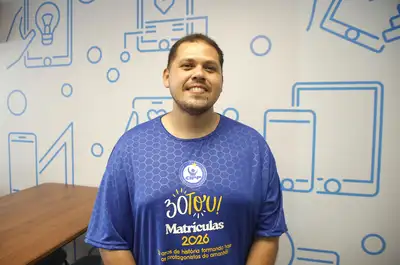
Integration - Portuguese teacher Arnol Rosa highlighted the interdisciplinary nature of the visit and the potential of the space to integrate content. “The interest in visiting Ciseb arose from the idea of interconnecting disciplines through sustainability and innovation. It’s a way to see our content applied in practice, with the student as the protagonist. I was impressed with the space, which provides real learning experiences,” he stated.
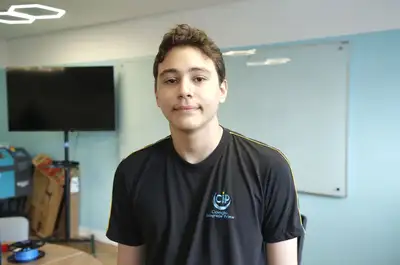
For Carlos Soares, a student in the 1st year of High School, Ciseb is an example of how technology can transform learning. “It was a very cool and important class. Centers like Ciseb are essential, especially here in the North region, where access to this type of technology is still limited. We learn to apply in practice what we see in theory, which makes learning more complete,” he highlighted.
Training - Located at the Marechal Cordeiro de Farias State School in Belém, Ciseb was designed to promote sustainability, strengthen citizenship, and reaffirm the commitment to innovation in public education. The Center is an initiative of the state government, through Seduc, and integrates the Public Policy of Education for the Environment, Sustainability, and Climate implemented by the State, offering modern environments for teacher training and student learning.
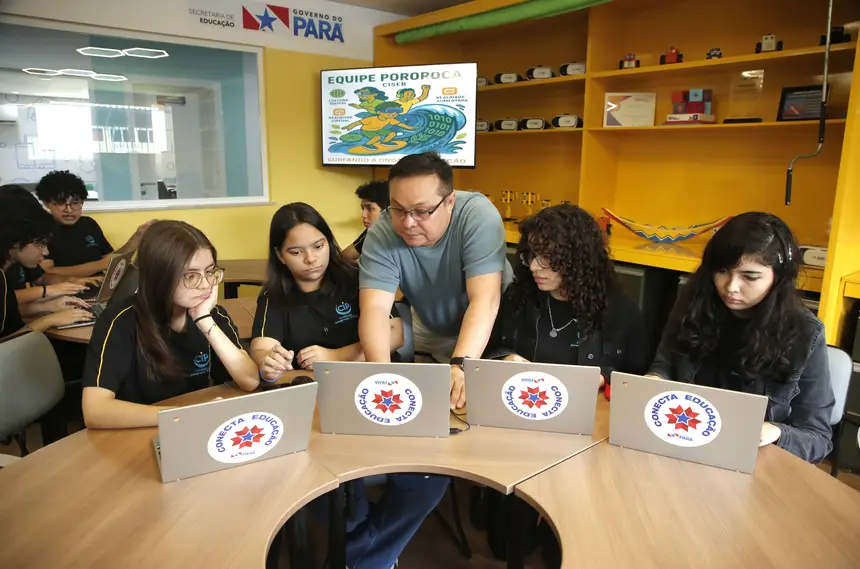
The goal of the Government of Pará is to implement innovation centers in the 12 Integration regions of the State, with fixed and itinerant units. The spaces will be structured in three sizes (large, medium, and small), according to the educational reality of each region, ensuring that all territories have access to innovative practices.



